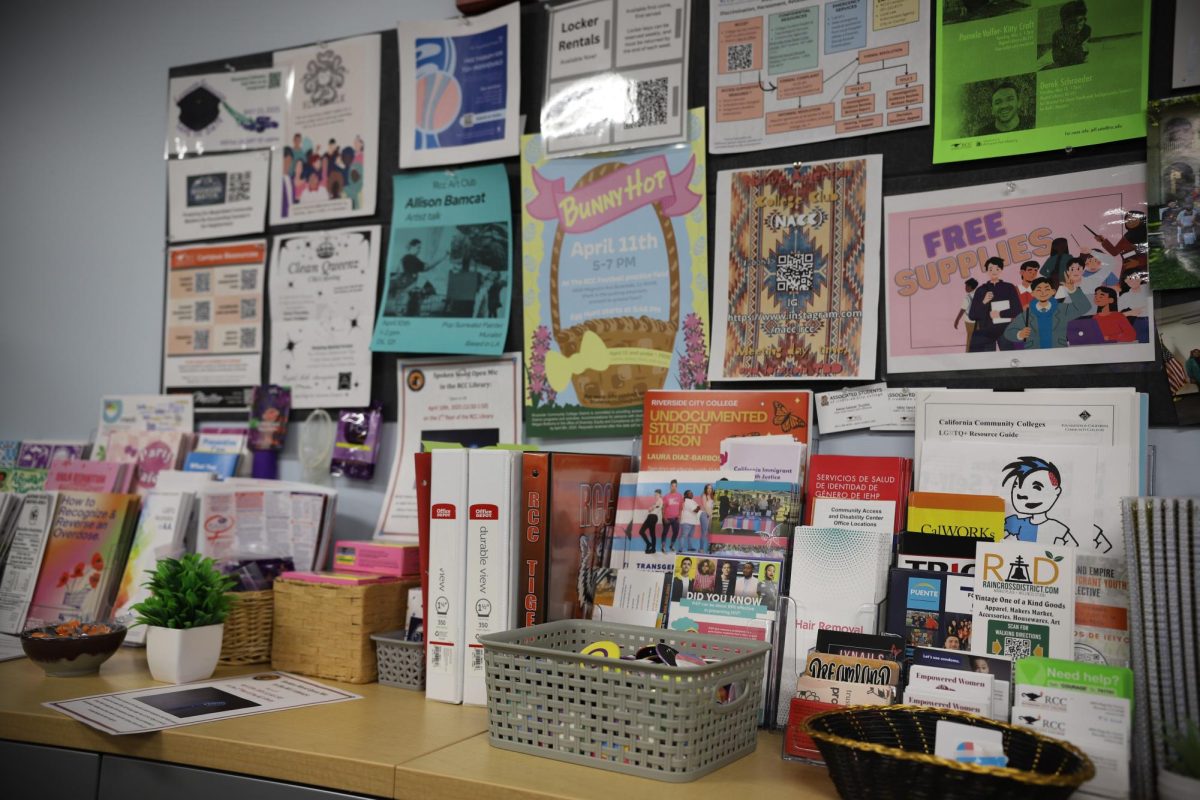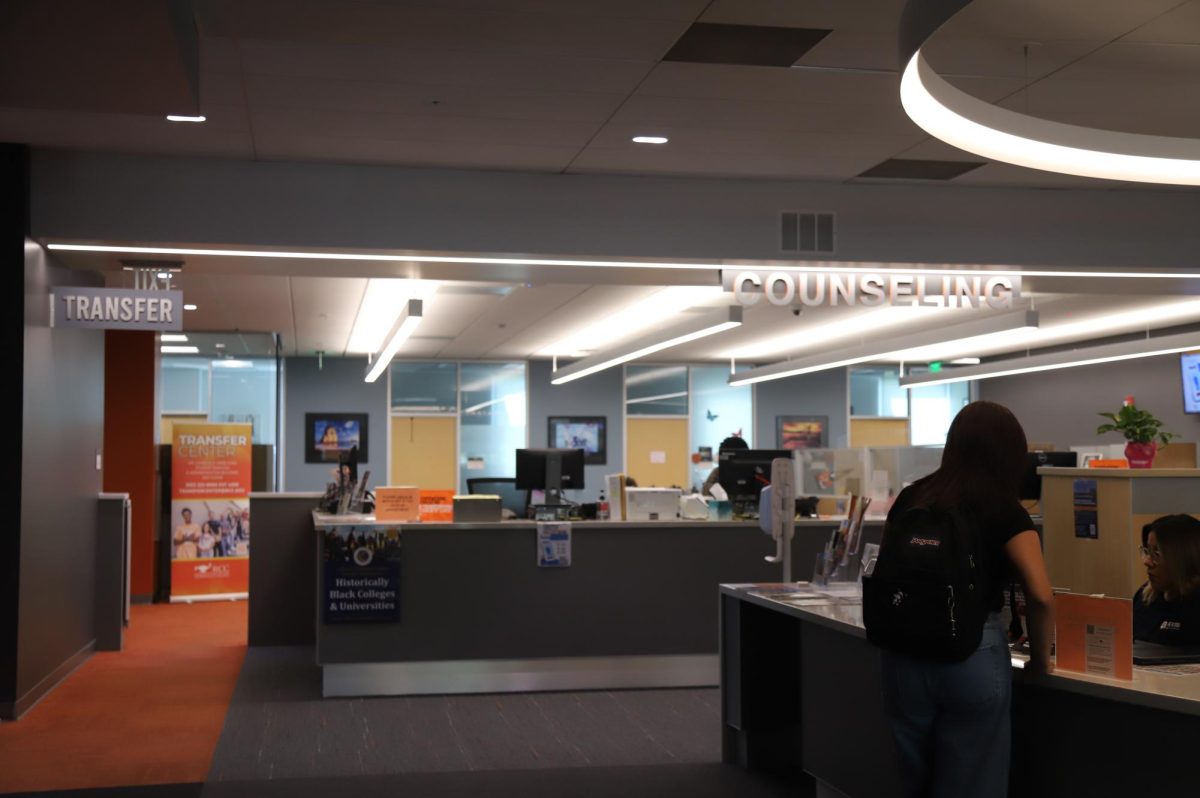By: Joshua Burciaga

Fake news outlets mislead the public, but local media outlets are just as guilty.
To understand the false news epidemic, one must know who owns the news.
Journalist Michael Corcor a n shows t hat t he Telecommunications Act of 1996 monopolized the United States media industry, allowing a rich, narrow elite to control the flow of information.
Corporations such as Disney, Comcast, Viacom, Time Warner, CBS and News Corporation own a fraction of media companies with Sinclair Broadcast Company being the rising star.
“Twenty years later the devastating impact of the legislation is undeniable: About 90 percent of the country’s major media companies are owned by six corporations,” Corcoran said. ABC, CBS, CNN, Fox,
NBC, The Wall Street Journal and The New York Post are the news outlets owned by these six businesses.
Cor porate inf luence is evident in a video released by the website Deadspin.
The video shows how the Sinclair company requires their news anchors to relay the same message about fake news through their “must-run” segments.
According to Vox, Sinclair owns 193 stations and is about to reach 72 percent of U.S households.
News stories are suppressed or censored by corporate owned media outlets because it would affect their profits.
The 2016 election is an example of this. Professor Thomas E. Patterson at Harvard University’s Kennedy School of Government explains how the media covered the election.
“In the 2016 general election, policy issues accounted for 10 percent of the news coverage,” Patterson said.
Media coverage of the 2016 election hardly discussed policy issues. Instead, every day was filled with news coverage about the behavior of Donald Trump.
This is why the only factors separating Hillary Clinton and Trump at the ballot were their controversies rather than their policies.
This coverage led to an uninformed public, which turned out to benefit Trump’s campaign in the long run.
Russian interference in our election is another example.
The Russians did influence our election, but big money interests in the U.S influence our elections as well and it’s rarely reported.
T he Institute for New Economic Thinking released a 2016 study revealing that as spending on election campaigns go up, the votes they receive increase as well.
“The relation between major party candidates’ shares of the two party vote and their proportionate share of total campaign expenditures were strongly linear,” INET said.
People need to be aware of the stories the media prioritizes.
For instance, Trump is always in the spotlight, distracting the public from figures such as Paul Ryan, Mitch McConnell and Trump’s cabinet members.
Tax cuts are given to the wealthy, while programs for the poor, environmental protections and workers’ rights are becoming dismantled.
The grip of monopoly on news media outlets is suffocating what is left of our free and adversarial press. Unless changes are made the public will continue to be misled.












